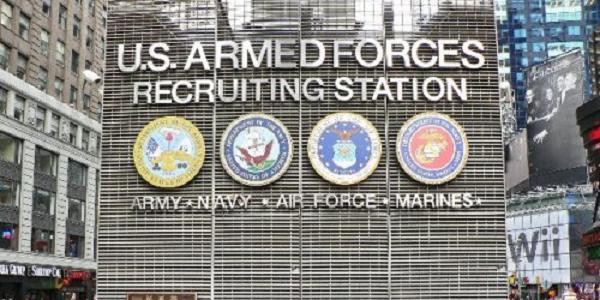Most of my friends don’t know this about me, but in college, I tried to join the Marine Corps. I haven’t told too many people about it; when I think about it now, it seems absurd. But when I was in college, I actually took the bus down to the recruiting station, spoke to an officer, and filled out a card. That was eight years ago.
My attempt to join the military has since faded from memory. This week, they came flooding back in as I read the New York Magazine article about the human side of the Private Danny Chen’s story. The article is powerful; it explores Chen’s life in high school and also describes how his suicide affected the people who cared about him. The story also reminded me of the time I told my parents I wanted to be a soldier.
Although I had already made up my mind to join, I was reluctant to tell my parents because I wasn’t sure about what to say. I remember wanting to frame it in terms of career benefits. “Joining the military will give me leadership experience that will help me get into good graduate schools,” I wanted to say. I thought that was the best way to go, since I wasn’t sure how to explain to them the other reasons why I wanted to join.
My mixed motivations reflected my general feelings of uncertainty about why I wanted to do it in the first place. “It’ll be a good experience,” I told my friends. The few people who I told were very supportive. I sensed, though, that they were confused about my true motivations. Joining the Marines isn’t something a typical college student does after graduation.
When I told my sister, she was also confused. So I tried the career benefits angle, and she responded by wondering aloud whether there were better ways to get into grad school. She had a good point. Does it make sense to commit to four years of active service (and four more as a reserve) just to improve your admissions chances? It would be smarter to increase my grades or my standardized test scores. So I figured that I might as well come clean.
“I’ve always felt that being Chinese makes me feel like people think I’m less American than other people,” I confessed. “What better way to prove how much I love my country?”
My sister, better than anyone else on this planet, knew where I was coming from. She didn’t try to talk me out of it and instead was incredibly supportive. Who knows, maybe she thought that this was just a phase I needed to get through. In any case, the conversation reassured me. That is, until she asked, “Have you told mom yet?”
I hadn’t. I was dreading it. What could I possibly say that would allow them to understand that unless I joined the military, I would never feel like I really belonged?
In any case, I decided that there was no way around it. I had to tell them. If I was going to really do this, they’d find out sooner or later. So reluctantly, I called home.
As predicted, my mother began to tell me all the reasons why I shouldn’t join. There are many ways to engage in public service, she said. Military service is for people who don’t have the advantages I’ve had in life. What remained unspoken was that these advantages came from their sacrifice. My parents had given up so much and made so many personal sacrifices so that I would have a secure and comfortable life. They worked hard so that I wouldn’t have to do something like join the military.
“We know someone who joined the Army,” my father said. “His family is poor and he grew up in a bad neighborhood. He almost failed high school and couldn’t go to college. What saved him was that he was able to join the Army and make a future for himself.”
“Those are the kinds of people in the military,” my mom interrupted. “They aren’t people like you who went to a good school and can get a good job.” I could tell she was getting upset.
But so was I.
“You know, this is exactly the kind of attitude that’s wrong with America,” I said, angrily. “We’re all protected by the military but it’s only the poor and the uneducated who serve the country. Most middle class people know nothing about actually fighting in a war.”
“What if you die? Do you realize that when you join the military, your life is no longer yours?” She began to cry.
I couldn’t hold it in any longer. “This is the only way I can truly become an American!” I blurted out.
This wasn’t the first time I’ve made my mother cry. But it was the first time that I made her cry without actually having done anything wrong first. The mere possibility that I might die was too difficult to bear. The phone conversation ended shortly after that. To this day, I can’t recall the rest of that conversation.
I’d anticipated that they wouldn’t support me. But until I heard my mother cry, I only understood that in the abstract. Hearing it firsthand crushed me.
It made the cost of military service more real.
I couldn’t do it.
The following week, I called the recruiting station and withdrew my application.
- Excited
- Fascinated
- Amused
- Disgusted
- Sad
- Angry









